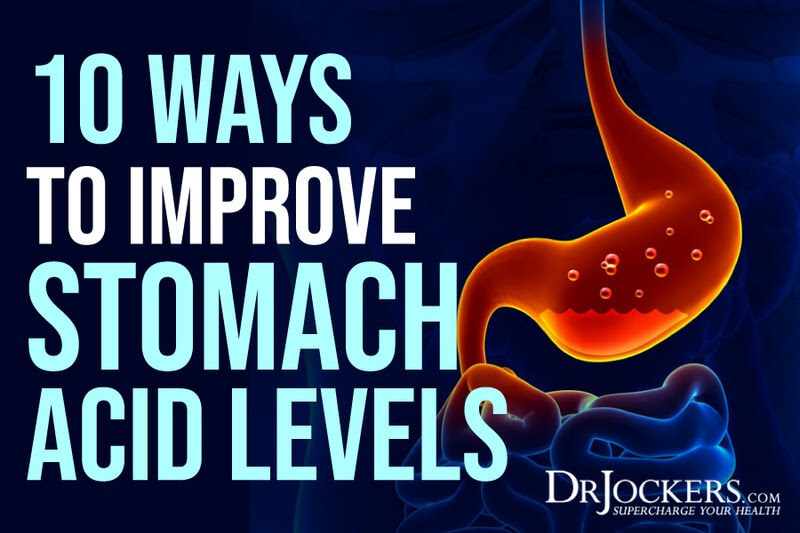aquila2009
Member
- Joined
- Jul 2, 2021
- Messages
- 76
Does anyone know what could cause two opposite symptoms that often happen in the same day…. I bounce between extremely dry sinuses and eyes sometimes, and other times theyre filled with thick white mucous that puts pressure on my eyes and ears.
Started years ago when I tanked my health on a vegan very low calorie diet. Ive recovered most of my metabolism through this forum but I don’t known what causes or triggers this problem.
Started years ago when I tanked my health on a vegan very low calorie diet. Ive recovered most of my metabolism through this forum but I don’t known what causes or triggers this problem.


